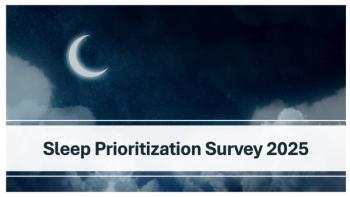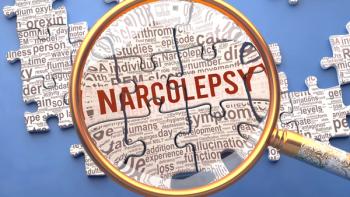
Depression Among People with Parkinson’s Disease Associated with Sleep Disorders
People with common sleep disorders tended to have higher scores on a depression assessment, a study shows.
People with sleep disorders are more likely to experience symptoms of depression, and both of those conditions heighten their risk of Parkinson’s disease, according to new research.
The study,
Corresponding author
Insomnia, rapid eye movement (REM) sleep behavior disorder (RBD), and excessive daytime sleepiness (EDS), among others, are frequently associated with Parkinson'sand are considered risk factors for the disease.
Depression, meanwhile, has been relatively understudied, despite the fact that an estimated 23% of people with Parkinson's experience depression, and symptoms of depression tend to worsen over time as Parkinson's gets worse. Unfortunately, insofar as depression is a sign that a patient may be at risk of Parkinson's, it often goes unnoticed by patients and their family members, potentially delaying diagnosis and treatment for Parkinson's, Xi and colleagues said.
Patients who have both sleep disorders and Parkinson’s are at a higher risk of additional nonmotor symptoms like depression that can affect quality of life, they added.
“Therefore, the early identification of high-risk patients for depressive symptoms is of great significance for improving the prognosis and the quality of life of patients with Parkinson's,” they wrote.
Xi and colleagues wanted to see whether RBD and daytime sleepiness were associated with depressive symptoms, and could therefore be seen as a sign of the potential development of Parkinson's.
They consulted the Parkinson’s Progression Markers Initiative (PPMI) database, identifying 423 people with early Parkinson’s, 64 people with prodromal Parkinson’s, and 196 healthy controls. All of the participants were followed from baseline through five years.
At baseline, people with early or prodromal Parkinson's who had symptoms of RBD or probable RBD had significantly higher scores on a depression-screening questionnaire. At five years’ follow up, those same patients, as well as people with Parkinson's who had daytime sleepiness, also had statistically higher depression scores.
“Sleep disorders were significantly associated with higher and increased scores of questionnaires assessing depression, suggesting a higher risk of progression to Parkinson's,” Xi and colleagues said.
Among people with Parkinson's over the age of 56, specific behaviors such as aggressive or action-packed dreams and arm or leg movement during sleep were linked with depressive symptoms. And in patients with Parkinson's of all ages, sleep-talking, disturbances in sleep, and sudden limb movements were associated with depressive symptoms.
The reasons for the link between sleep quality and Parkinson's with depression is not yet clear. However, the authors conducted a mediation analysis, and it suggested that the association was, at least in part, mediated by autonomic symptoms, including postural hypertension, salivation, dysphagia and constipation.
“The above analyses prove that monitoring RBD and daytime sleepiness contributes to predicting and identifying depressive symptoms in patients with early Parkinson's and prodromal Parkinson's at baseline and within five years,” they wrote, adding that physicians ought to pay careful attention to these sleep conditions in people with Parkinson's, in case those patients might be at a higher risk of depressive symptoms.
Newsletter
Get the latest industry news, event updates, and more from Managed healthcare Executive.























